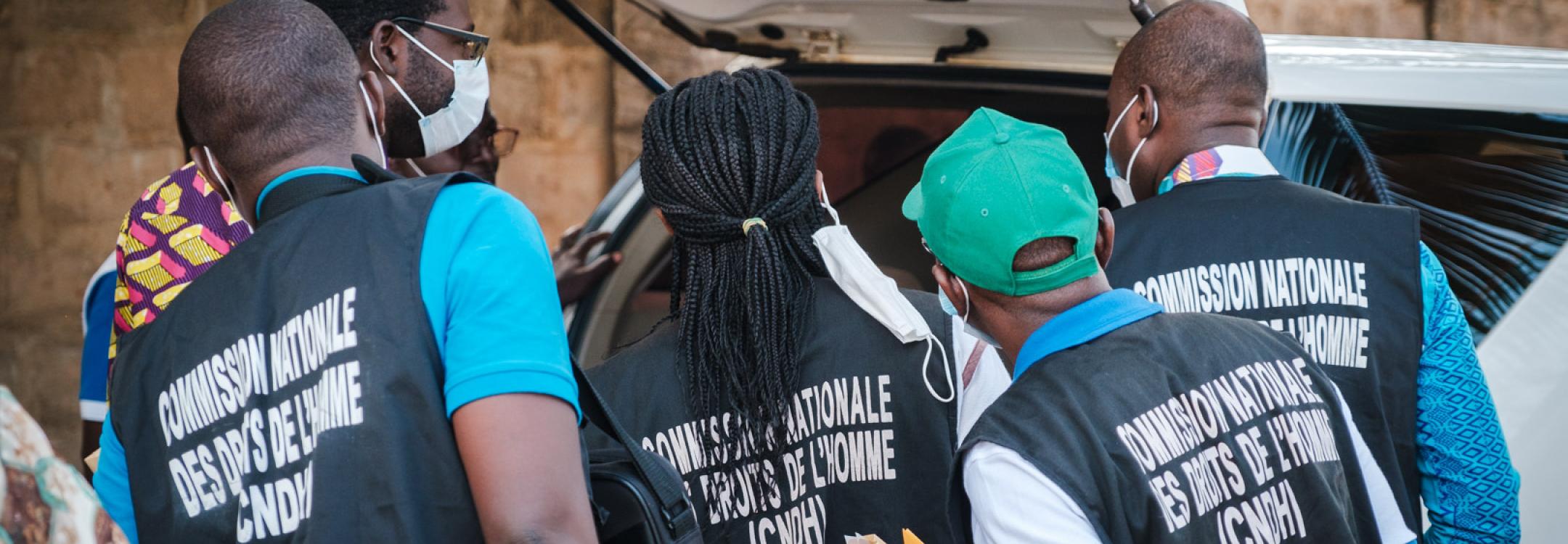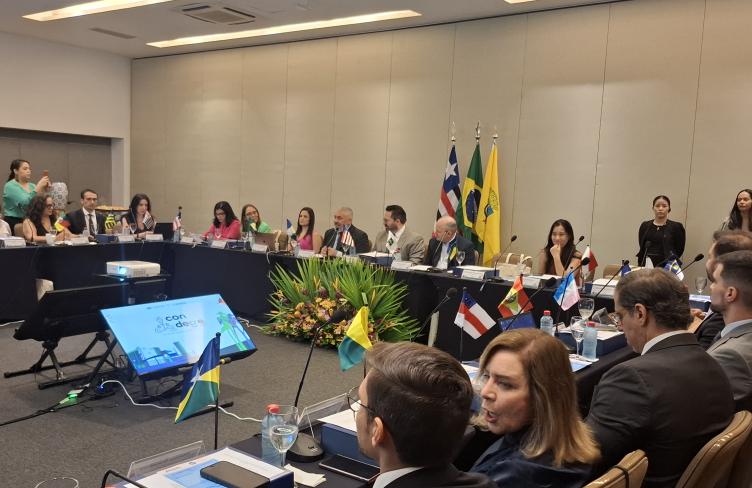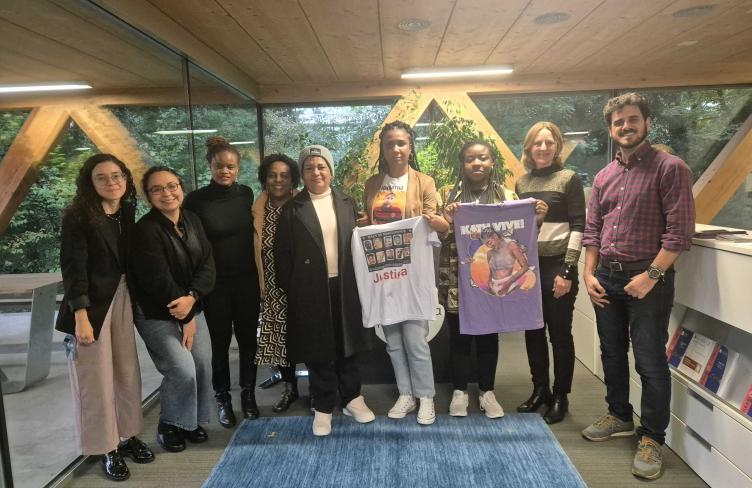
Overcrowding is a serious issue in Togo’s prisons, with extremely high rates of pre-trial detention contributing to the problem.
For example, the civil prison in Lomé, built during the colonial era, currently holds almost 2,000 detainees – around three times its initial capacity of about 660. However, more than 60% of those detained in 2020 had not faced trial.
Following recommendations from the UN Subcommittee for the Prevention of Torture (SPT) on the need to reduce the excessive use of pre-trial detention in Togo, the APT is working with the country’s National Preventive Mechanism, as well as civil society actors, to address the issue.
This included a two-week workshop for ten African NPMs in mid 2021, including input from international and regional experts. The workshop was an opportunity for the NPMs to share experiences and strategies for dealing with a common challenge across much of the continent.
Building on this, our recent mission aimed to support the NPM to identify short-term, mid-term and long-term strategies to reduce the overuse of pre-trial detention.
From 21-25 November 2021, the APT team conducted a one-day roundtable with civil society organisations and a three-day workshop with the NPM. A gender perspective was integrated into all our discussions.
During the consultations, participants highlighted that overcrowding has a significant negative impact on detention conditions, as well as on access to health care and other basic rights. They also stressed the need to accelerate the adoption of a new code of criminal procedure, and to engage with parliamentarians in this regard.
The three-day workshop with 22 members of the National Human Rights Commission, including five NPM members featured conversations and activities to strengthen their capacity to identify, analyse, and report on the causes and consequences of pre-trial detention across the country, with particular attention given to the situation of women in detention
Visits were also conducted with NPM members to a police station and to a prison, given the links between access to safeguards in police custody and the later use of pre-trial detention. This helped focus attention on developing strategies at all stages of the criminal justice process, from arrest to conviction.
The next phase of the project with Togo’s NOM, starting in January 2022, will include piloting a “camp court” for pre-trail detainees, along with advocacy activities to engage with parliamentarians.




